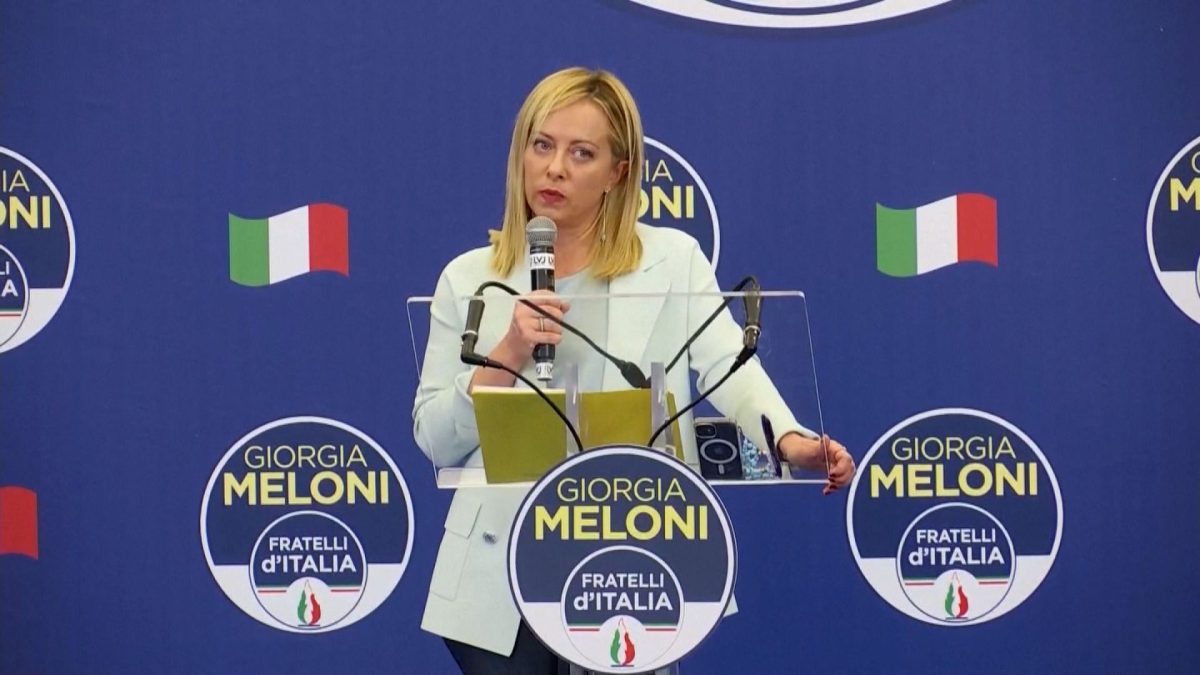On April 25th, Italy celebrates La Festa della Liberazione, Liberation Day, a national holiday commemorating the end of Nazi occupation and the fall of Mussolini’s Fascist regime in 1945. It’s a deeply significant day for Italians, symbolizing the return of democracy, freedom, and resistance against tyranny. For many, it’s not just a historical event, it’s a vital reminder of the values on which modern Italy was built.
This year, however, the atmosphere around the celebration has been clouded by controversy. In the days leading up to the holiday, Italian Prime Minister Giorgia Meloni called for the day to be observed with “sobriety” out of respect for the recent death of Pope Francis.
While the Pope’s passing is undoubtedly significant for the Catholic Church and many Italians, the connection between this and Liberation Day is not clear-cut. A lot of citizens, including me, see this as yet another example of Meloni’s tendency to downplay the importance of April 25th, a date that marks the defeat of fascism, a topic her party has long had a complicated relationship with.
The issue here isn’t about disrespecting the Pope’s memory. It’s about the symbolic weight of Liberation Day being once again diminished by a government that often appears reluctant to fully embrace its anti-fascist legacy. Asking for a “sober” celebration of a day that honors the fight for freedom from dictatorship strikes many as tone-deaf, especially when the two events are entirely unrelated.
For many Italians, this felt like a political move rather than a respectful gesture. Liberation Day isn’t just another holiday; it’s a crucial reminder of our history. And diluting its meaning, no matter the reason, sends the wrong message, especially in a time when far-right movements are once again gaining traction across Europe.





